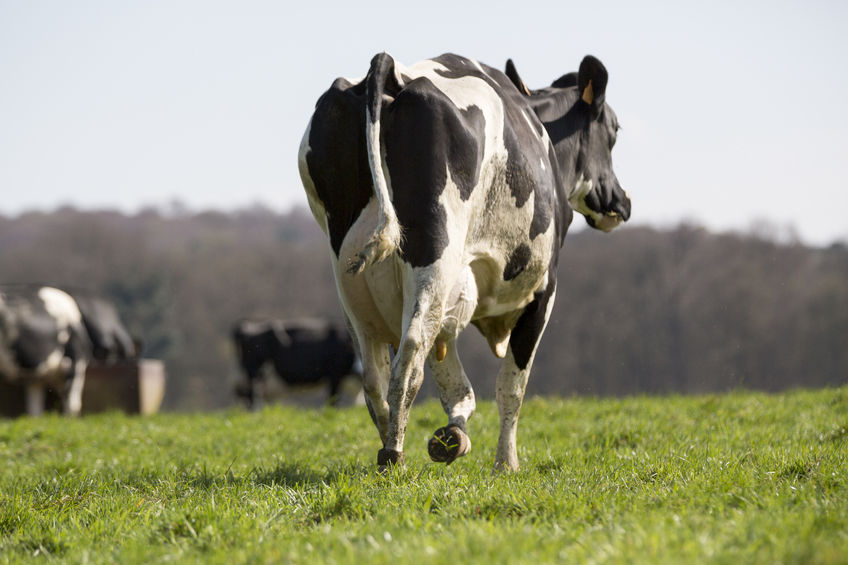
The Welsh red meat industry will be disadvantaged after Brexit but the dairy and horticultural sectors may benefit, according to new analysis.
The latest report from the Public Policy Institute for Wales highlights the challenges and opportunities for agriculture and rural areas in Wales that could result from Brexit.
The report’s author, Professor Janet Dwyer, argues that the most likely changes in trading conditions will leave Welsh agriculture in a disadvantaged position compared to its main trading competitors.
Sheep and beef farmers could be in a particularly disadvantaged position after Brexit. A decline in the economic viability of sheep production is likely, according to the report.
"Any situation with tariffs on sheepmeat would mean much higher costs of access to the current main market for producers of lamb, which is Wales’ largest agricultural export by volume and value," Professor Dwyer explained.
"If prices to EU consumers rose by anything from 5% to 40%, reduced demand could (significantly) depress UK lamb prices and render a significant number of farm businesses in Wales even less financially viable and unable to cover their costs of production from agricultural income"
Benefit
However, the report says dairy, horticultural, mixed and other farm types may be best placed to benefit from changes after Brexit.
It said: "Because the UK dairy market is under-supplied and imports become less attractive with currency devaluation, they should see some positive impacts in milk prices, although the price of concentrates – many composed of imported proteins – will also rise, in parallel.
"The more extensive farm systems in Wales with low input reliance should see some short-term financial gains. While these sectors may see reduced investment, dairy, horticulture and other more niche sectors could identify opportunities for growth based upon food sector incentives to source more products and/or raw materials domestically."
The report concluded that the industry should expect reduced levels of UK public funding for agriculture once it leaves the European Union, and following a likely 3-year transition period; i.e. after 2022.
"North and West Wales are likely to face stronger negative impacts than South and East Wales," the report added.
"There may be environmental consequences of Brexit. Supporting farmers to manage land or to move it into other sectors will be important, as well as ensuring adequate funding for natural resource management in Wales."
